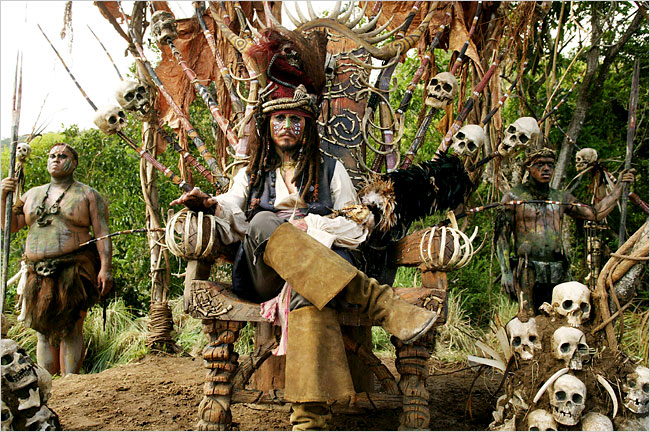Anti-Industrial Actions By First Nations Militants Threaten The Canadian Economy. We Won't Achieve Peace Until We Stop Giving Into "Warrior" Demands
Kevin Libin
And so things will get worse. First Nations are bursting with waves of young, often unemployed, disaffected members reared on a sense of grievance. A 2006 Compas poll found 61% of aboriginals predicted more anti-industrial actions ahead. There's no shortage of targets. "There's hardly a road, a railroad line, a transmission line or oil pipeline that doesn't go through some disputed property territory," former Ontario premier David Peterson warned in 2007. The economic stakes are steep.
If Canadians weren't so (understandably) sensitive about stigmatizing disadvantaged First Nations, we might call this ransoming business something like piracy. True, bands do sometimes have legitimate cause to believe they're getting shafted. But then, so do pirates hijacking ships on the Gulf of Aden, with Western nations having ravaged their sea stocks and dumped nuclear waste off their shores. We don't accept those excuses for illegally disrupting international shipping. Having decided that paying ransoms only worsens things, we've responded with warships. We invite only more disorder by indulging excuses here. Canada enjoys a reputation as a stable place for investors because of our reliable rule of law. Disputes belong in courts, like it or not, and we've grown a powerful industry of lawyers just looking for credible land-claim suits. Governments may have resisted forcing native outlaws to play by the rules, fearing another Oka or Ipperwash. Permitting more lawlessness may bring them something worse.
He takes the same hard line that US settlers took when Indians fought back against their invasion of Indian land. Attack them, imprison them, kill them if necessary. They're pirates and outlaws--I'm surprised he didn't call them terrorists--which means they've forfeited their human rights.
Libin's "solution," for what it's worth, is "disputes belong in courts." I sense he has no clue whether Indians have already tried fighting these disputes in courts. Or whether the power elite has imposed structural barriers to prevent them from doing so. It's a fiction that everyone has equal access to the courts and the courts will decide every case fairly.
Below: An "Indian" (Johnny Depp) as a pirate--i.e., a savage among savages.


No comments:
Post a Comment